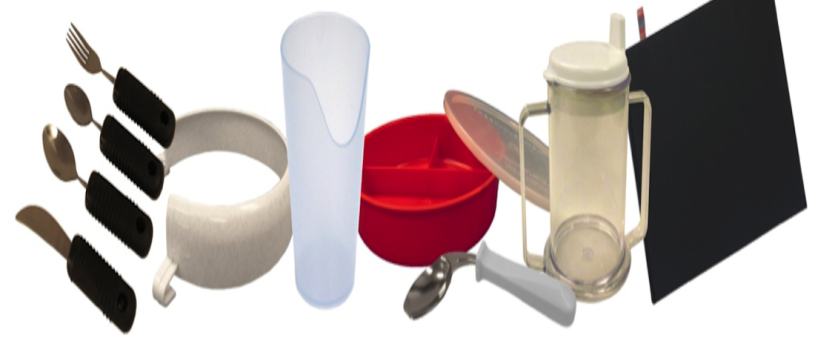Nutrition plays a critical role in the lives of individuals with disabilities. For these especially children, providing adequate nutrition is not just a necessity but also a challenge that demands creative and adaptive solutions. Various challenges related to nutrition make feeding an uphill task for many, such as difficulty in chewing or swallowing, chocking, aspiration to mention but a few. Their limited movement affects their ability to effectively feed however nutritious food may be necessitating modifications based on each individual’s needs and type of disability. It is therefore paramount to recognize these unique needs and address them with compassion and understanding to ensure that everyone has access to proper nutrition.
Adaptive Eating Guide
Creating an adaptive eating guide involves collaboration between healthcare providers, nutritionists/dietitians, caregivers, and the individuals themselves (if possible). Here are key strategies that can make a significant difference:
1. Personalized Meal Plans
Every individual’s needs are different, and nutritional plans should be tailored accordingly. Consider the specific limitations, food availability and preferences while designing meal plans.
2. Incorporating Assistive Devices
Innovative assistive devices like adapted cutlery, plate guards, and sippy cups can empower those with motor difficulties to eat independently. Depending on the resource setting, modify the devices and be creative using readily available materials in the homes. (Avoid making it more expensive for the families than it already is)
3. Simplified Meal Preparation
Introducing easy-to-cook meals that require minimal effort and adaptability in the cooking process will ease the burden for the caregivers and ensure timely meals. Ensure the meals maintain a balanced diet.
4. Education and Training
Educational programs about adaptive cooking techniques and nutrition management for caregivers and individuals can forge paths toward self-sufficiency. Organize with those in authority and find the best way to support these individuals and their families.
Embracing Adaptability and Inclusivity
Adaptive eating is more than a list of guidelines; it’s about creating a society inclusive of those with disabilities, especially in areas where scarcity prevails. By focusing on adaptable nutrition strategies, we can ensure that every individual has the means to thrive.
Are you or do you know a nutritionist/dietician looking to dive deeper into disability nutrition or want to craft comprehensive guides? Reach out and find out how to access our full adaptive eating guide. Together, we can foster a world where everyone has access to the nutrition they need and deserve.
